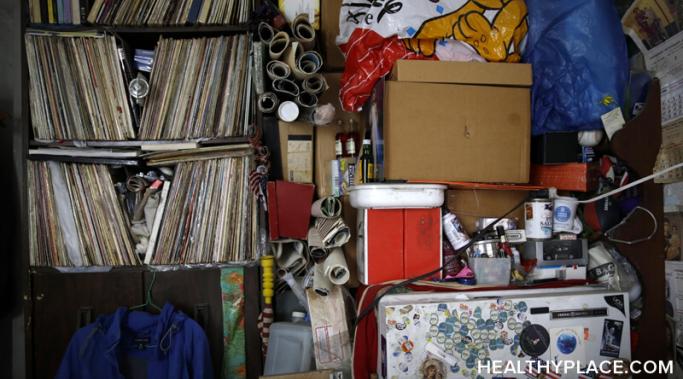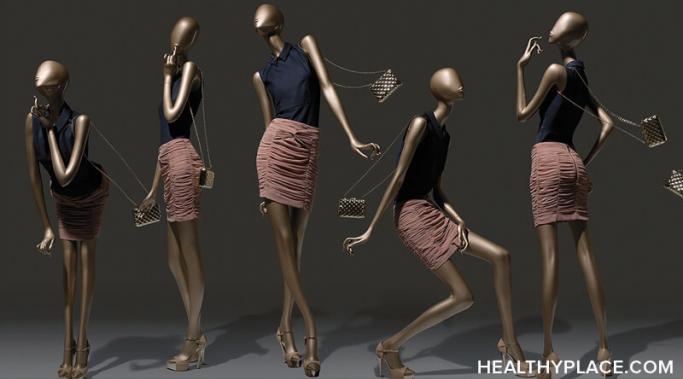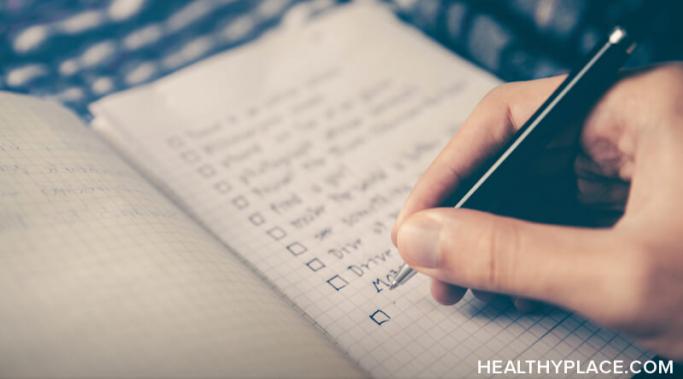Blogs
A large number of hoarders have attention-deficit/hyperactivity disorder (ADHD) or ADHD-like symptoms. Hoarding becomes a disorder when sorting through and getting rid of possessions causes extreme anxiety. Previously considered a subset of obsessive compulsive disorder (OCD), hoarding is now its own disorder. Many hoarders still have OCD, and studies find that ADHDers are also very susceptible to the condition.
It's nearly impossible to stay calm and focused when you're a frazzled working mom. There's a lot coming at me right now and there's even more I want to do in the future. However, day-to-day life can be so grueling that those future plans seem hard to fathom. Some nights I congratulate myself just for getting through the day. Here are five things I do to keep me moving forward even when I'm ready to throw in the towel.
Though the potential causes of anxiety are infinite in number, I would suggest that issues surrounding communication are among the most significant. In this post, I want to argue for the importance of always being as open as possible when communicating with others, as I believe it is an important way to mitigate the potential negative effects of anxiety.
Dialectical behavior therapy (DBT) is a type of treatment that teaches patients how to regulate their emotions and respond to distress through skills training. It has proved to be especially effective in people struggling with self-harm and other self-destructive, maladaptive behavior.
Last week, I came across the idea of "thin privilege," a term I had been unfamiliar with up to that point, and as I researched this concept, I was forced to confront the role of thin privilege in eating disorder treatment—my own experience included. Thin privilege is a systemic ease and entitlement in which people with smaller bodies tend to move through society. More opportunities and advantages are often afforded to people who look the way mainstream culture has deemed acceptable or ideal. In terms of the eating disorder population, those who mirror the stereotype of "emaciated" are more likely to have their illnesses treated with serious concern and validation than people whose bodies do not reflect this arbitrary mold. But if eating disorder recovery is to be made accessible for all those who suffer—not based on outward size or shape—then it's time to address the role of thin privilege in eating disorder treatment.
When many of us think about therapy, we do not think about having to do work. Generally, we imagine ourselves complaining to a therapist about our problems. But therapy is more than just a time to vent. The point of therapy is to gain a new perspective about our struggles so that we can make positive changes in our lives. To learn more about therapy and the work that goes into it, read this article.
The idea of taking a mental health day off can feel wrong even though taking a sick day from work for a physical ailment seems like no big deal. While sick days don’t exist in the work culture of many countries, countries and workplaces that do have sick days available intend those days off for health and wellbeing.
I believe in the importance of self-care, especially for lesbian, gay, bisexual, transgender, and queer (LGBTQ) people. But I wasn't always this way. In fact, until this past year, I'd heard about the self-care movement but dismissed it as "narcissistic" or "selfish." I also thought that I didn't deserve to take care of myself when I could spend that time helping others.
Exposure therapy can reduce the severity of phobias and anxiety. Learn more about exposure therapy and what you can do to implement it to reduce your anxiety.
My husband and I are standing in the kitchen of our new house, picking out paint colors and deciding which projects to tackle first, when suddenly I think "It doesn't matter, I won't be there to enjoy it. I'm going to end up killing myself eventually." I don't mean to think this. I don't want to think this. Luckily, I've had experience with these intrusive suicidal thoughts before, and I'm able to stay calm. I know that I don't want to die, I'm just experiencing a lot of change and my brain is seeking out the comfort of its old neural pathways.









